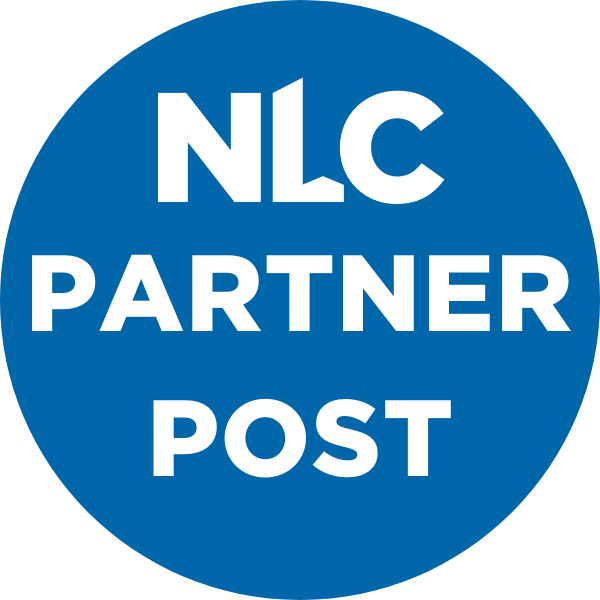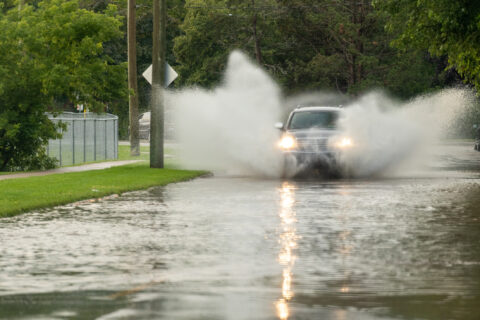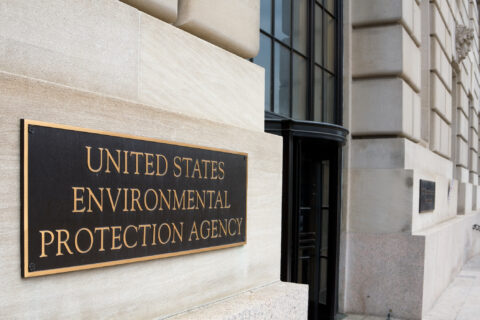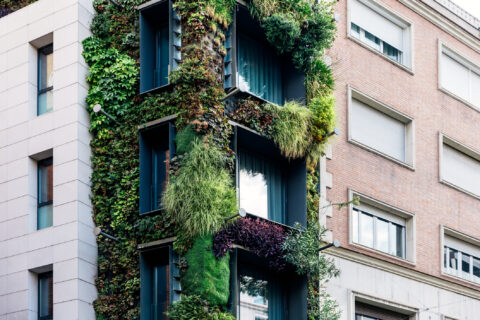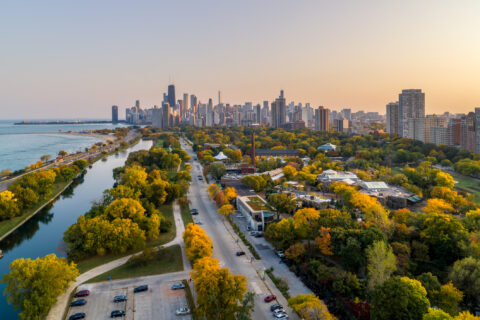Recycling is a simple, approachable way to help boost engagement in local sustainability-related initiatives. Yet, many people lack confidence (PDF) in their ability to discern what is recyclable and whether items they recycle can truly be turned into new materials. At the same time, approximately two-thirds of Americans say that “knowing more about what to recycle, as well as how, where, and what not to recycle, would increase their recycling involvement,” according to the 2024 WM Recycling Report.
National League of Cities and WM are ramping up efforts to help cities advance recycling education, confidence and visibility nationwide. In 2024, more than 120 municipalities committed to enhance local recycling by taking the Recycle Right Pledge. Building on that momentum, we aim to expand Recycle Right participation and launch additional impactful education campaigns in 2025.
Research from WM and The Recycling Partnership demonstrates that consistent communication about recycling can significantly influence residents’ behaviors. The benefits of recycling education may include:
- Improved Knowledge: Education leads to a deeper understanding of recycling processes, eligibility and benefits.
- Increased Confidence: Residents feel more assured about their recycling practices and their impacts.
- Enhanced Resident Sentiment: Positive outreach fosters a greater connection between residents and their municipality’s recycling efforts.
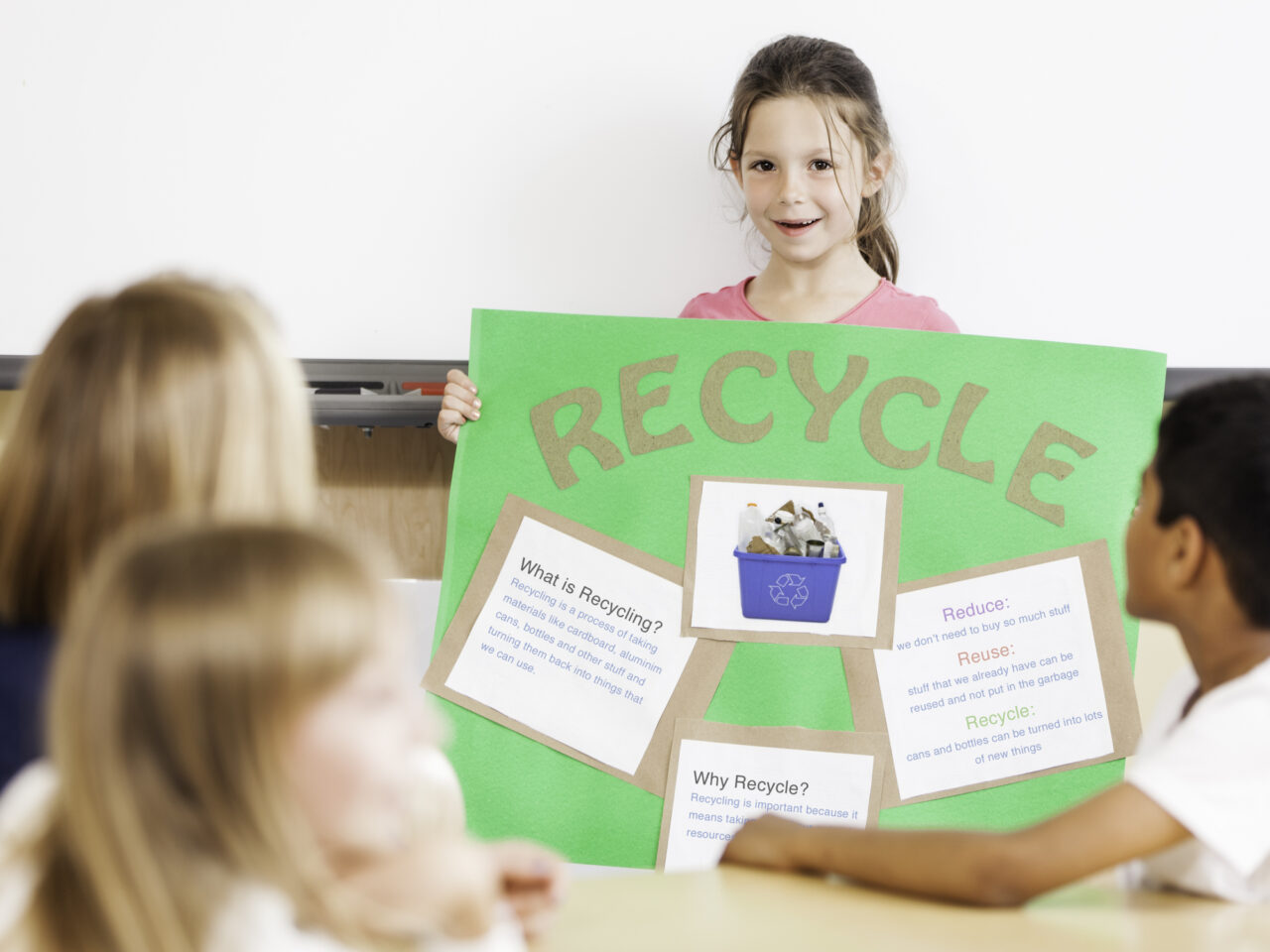
Engagement doesn’t have to be complicated or expensive — simple, clear and widely available graphics (like posters and magnets) that illustrate what is and is not locally recyclable help residents make quicker, easier and more accurate decisions on the spot. By enhancing recycling education, municipal leaders can boost their community’s environmental impact and foster a culture of sustainability among residents. Building consistent recycling participation can serve as a gateway to growing knowledge and engagement with other sustainability practices that support a circular economy.
Best Practices for Effective Recycling Education
As municipal leaders work to strengthen local recycling programs, resources from the Recycle Right Campaign Toolkit can help. This toolkit offers innovative and achievable ideas for engaging your community, from effective social media posts to organizing tours of recycling facilities. The toolkit also provides guidance on developing thoughtful messaging strategies, including:
- Tailor Your Message: Customize your communications to resonate with your specific audience.
- Consistent Messaging: Use multiple channels to deliver frequent messages.
- Focus on Desired Behaviors: Encourage positive actions rather than highlighting what residents shouldn’t do.
- Empathetic Tone: Approach communications with understanding and support.
Cities Leading the Way
Cities, towns and villages across the country are diligently working to build knowledge and participation in local recycling programs by using simple, clear and consistent messaging tailored to their communities’ needs.
Orem, Utah
While consistent messaging is key for building knowledge and engagement, it is also important to focus on the behavior you want residents to take up. Orem, UT worked with WM to implement a multipronged outreach strategy to encourage residents to add new material to the curbside recycling stream. The city and WM reached residents through bill inserts, postcards, the city newsletter, the city website, social media and newspaper coverage. After six months of this clear and widespread messaging, residents recycled more of the newly eligible material and reduced contamination.
The city’s recycling webpage features more information about the program, pick up schedules and its Recycle Coach offering, a virtual, app-based program to help residents know what to recycle, how and when.
Washington, D.C.
Washington, D.C. targeted recycling contamination through a robust educational campaign as part of the city’s effort to meet its goal of 80 percent waste diversion by 2040. The results have been remarkably fruitful with contamination dropping (PDF) from 33 percent in 2017 to 11 percent in 2021.
Part of the strategy is the “Feet on the Street” recycling quality improvement program, through which city staff inspect single-family household curbside bins and provide “Oops Tags,” to let residents know that they have non-recyclables in their recycling bins. The city also reaches all single-family homes with its “Do Not Bag Recyclables” mailer campaign to clearly explain which items were and were not recyclable. A multifamily toolkit is also available to property managers and residents in multifamily homes, so that recycling and contamination education reaches all residents. Washington, D.C. has made information easily available online too — the city has a thorough webpage explaining how to properly dispose of large and small items and hosts an interactive arcGIS StoryMap to give residents insight into the city’s recycling program.
Expanding the Recycling Stream with #5 Plastics
For communities serviced by WM facilities, there’s exciting news: residents can now recycle a broader range of everyday items, including paper and plastic to-go cups from fast food restaurants, select clear containers, and dairy tubs. WM is in the process of upgrading recycling facilities nationwide, providing the ability to add #5 plastics to its list of acceptable materials, allowing for easier recycling of plastic bottles, jugs, jars, tubs and cups, as well as paper cups, which can be recycled with mixed paper. This expansion empowers residents to recycle with confidence, knowing their efforts contribute to the creation of new products.
Learn more about why cities are taking the Recycle Right Pledge by reading NLC’s blog, Addressing Common Recycling Challenges Through the Recycle Right Campaign. You can also access additional resources, including common recycling myths, recycling and sustainability services and more.
Join the Movement: Recycle Right Campaign
Are you among the more than 100 cities, towns and villages that have pledged to promote and educate residents on proper recycling tips, strategies and best practices? All communities, regardless of size, are invited to join this movement. Together, we can create a cleaner, greener future – one community at a time.
Visit the NLC Strategic Partnerships page to learn more about the organizations like WM dedicated to making NLC the premier resource for local governments.

